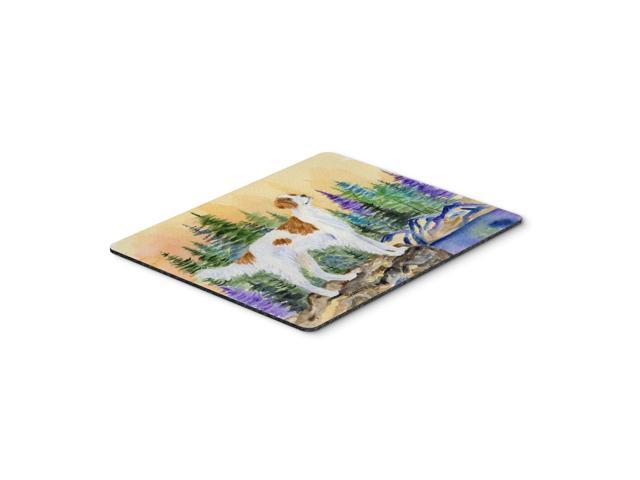Social history sometimes suffers from the reproach that it is vague and general, unable to compete with the attractions of political history either for the student or for the general reader, because of its lack of outstanding personalities. In point of fact there is often as much material for reconstructing the life of some quite ordinary person as there is for writing a history of Robert of Normandy or of Philippa of Hainault; and the lives of ordinary people so reconstructed are, if less spectacular, certainly not less interesting. I believe that social history lends itself particularly to what may be called a personal treatment, and that the past may be made to live again for the general reader more effectively by personifying it than by presenting it in the form of learned treatises on the development of the manor or on medieval trade, essential as these are to the specialist. For history, after all, is valuable only in so far as it lives, and Maeterlinck’s cry, ‘There are no dead’, should always be the historian’s motto. It is the idea that history is about dead people, or, worse still, about movements and conditions which seem but vaguely related to the labours and passions of flesh and blood, which has driven history from bookshelves where the historical novel still finds a welcome place. In the following series of sketches I have tried to illustrate at the same time various aspects of social life in the Middle Ages and various classes of historical material. Thus Bodo illustrates peasant life, and an early phase of a typical medieval estate; Marco Polo, Venetian trade with the East; Madame Eglentyne, monastic life; the Ménagier’s wife, domestic life in a middle-class home, and medieval ideas about women; Thomas Betson, the wool trade, and the activities of the great English trading company of Merchants of the Staple; and Thomas Paycocke, the cloth industry in East Anglia. They are all quite ordinary people and unknown to fame, with the exception of Marco Polo















